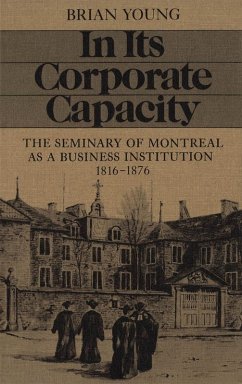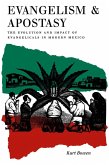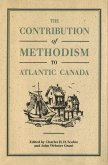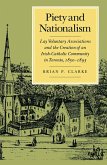The end of the Lower Canada rebellions of 1837-8 assured the survival of the Seminary. Assuming a reinforced social and ideological role in industrializing Montreal, the Seminary benefited from new corporate powers, rights of recruitment, and income, while its expanding social role ensured its protection by an appreciate bourgeoisie. Emphasizing economic rather than religious history, Brian Young's study compares the Seminary's pre-industrial forms of income to its new capitalist revenues from land sales, subdivision developments, bonds, and rentier income from office, warehousing, and urban-housing properties. Its changing income required new forms of management and the priest-manager was eventually assisted by an accountant, architect, surveyor, clerk, and several notaries and lawyers. The Seminary played a central role in the development of popular schools in Montreal, and in financing and directing social institutions such as hospitals, newspapers, libraries, and national societies, the Seminary of Montreal legitimized the changing class structure of industrializing Montreal.
Dieser Download kann aus rechtlichen Gründen nur mit Rechnungsadresse in A, B, BG, CY, CZ, D, DK, EW, E, FIN, F, GR, HR, H, IRL, I, LT, L, LR, M, NL, PL, P, R, S, SLO, SK ausgeliefert werden.









